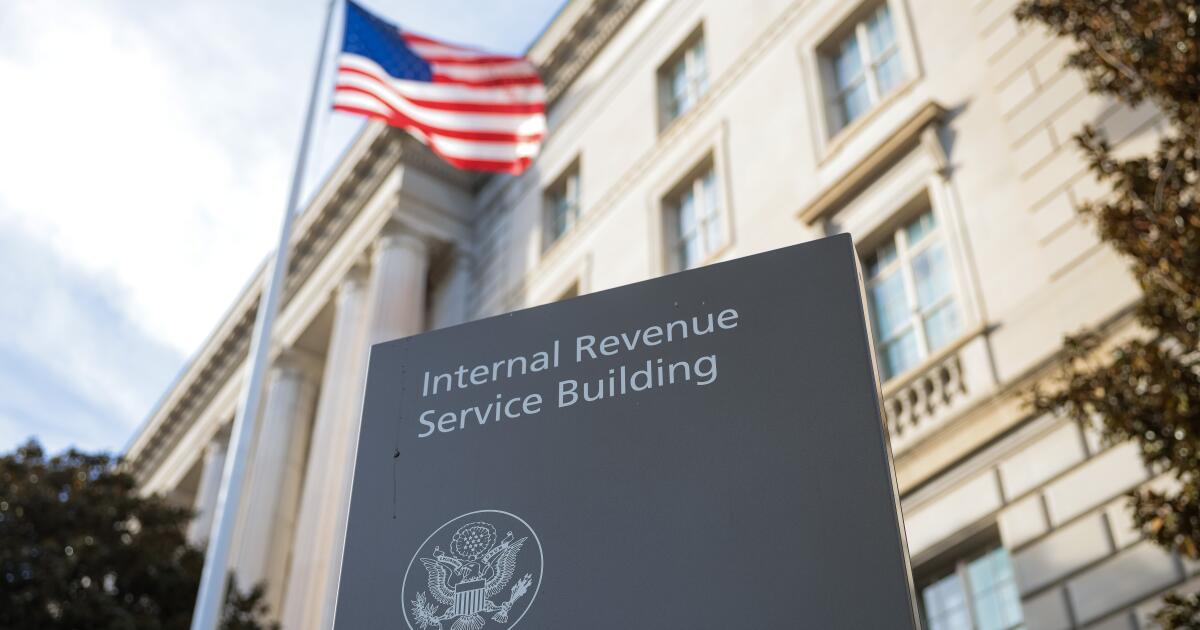
To the editor: I am tired of everyone dumping on homeowners for getting a small consolation for trying to hold on to the American dream in California, with a few tax breaks. Everything is against you owning a home here: the environment (fires), mortgage rates, insurance rates (frequent cancellations), utilities, maintenance costs. Not to mention rules and restrictions imposed by the government and, in some cases, homeowners’ associations. I could go on and on. But I love L.A. I love my home.
The point is contributing writer Veronique de Rugy has it all wrong with her critique of tax credits for homeowners (“Which tax breaks work, which don’t, and what that tells us,” Sept. 11). Proposition 13 saved my grandparents from losing their home in Eagle Rock and allowed me to buy my parents’ home in Tarzana. I did not tear it down; it’s the same house from 1950. I plan on giving it to my nephews when I’m gone. The federal tax deduction helps. In fact, my taxes went up under the first Trump administration and have yet to come down.
Stop piling on us homeowners. We’re not all super rich. We are all just trying to survive like everyone else.
Robert Davis, Tarzana
..
To the editor: De Rugy attacked American tax deductions as not being revenue neutral, noting their effect on government deficits. For example, she took issue with the deductability of mortgage interest. No consideration was given to the fact that deductible interest is usually calculated by buyers and lenders when considering the affordability of a home loan. Absent that factor, many would either qualify for a smaller loan or none at all. There was no recognition of society’s interest in the social and economic benefits of homeownership that loans make possible.
De Rugy closed her column with the statement: “If politicians were serious about tax reform and fiscal responsibility, they would start by eliminating any tax expenditures that fail the tests of neutrality or cost effectiveness.” That was either meant to be tongue-in-cheek, or De Rugy completely forgot about President Trump’s big, ugly bill that Congress narrowly adopted this year, one that the Congressional Budget Office estimates will add an additional $3.4 trillion to the existing $37 trillion national debt over the next 10 years.
So much for worrying about government deficits.



